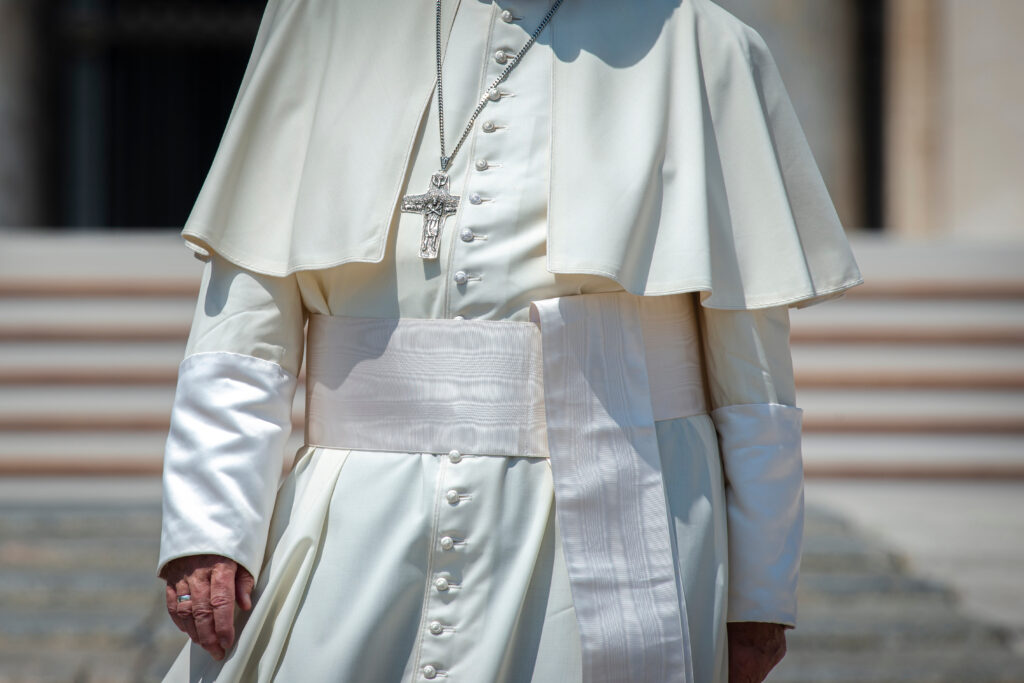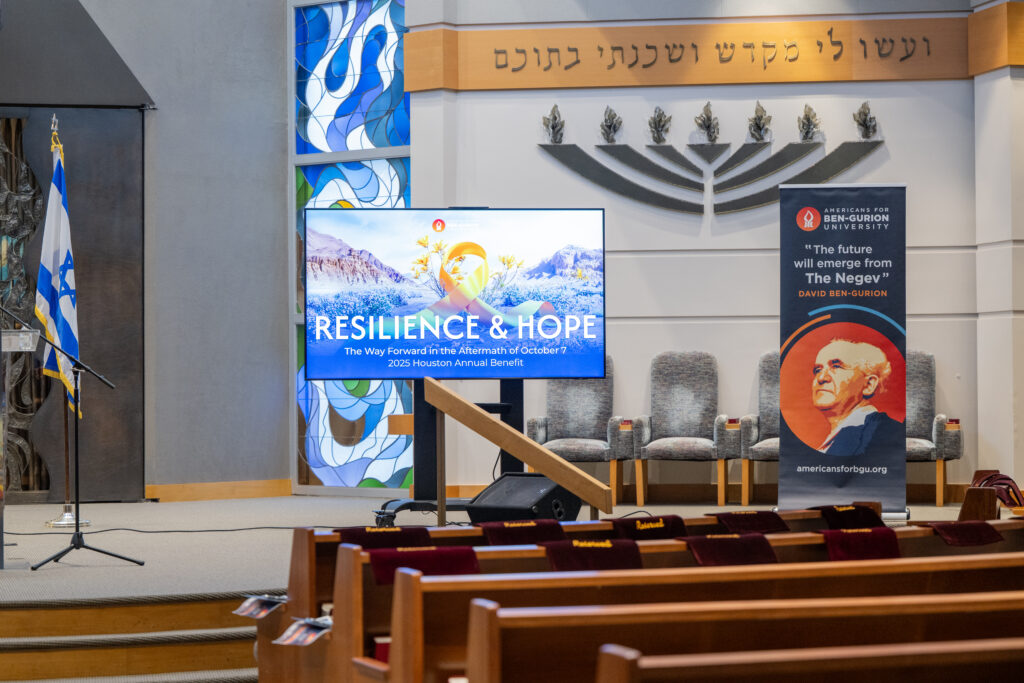
NPR Interviews Prof. Ilan Troen 100 Days After October 7
NPR Interviews Prof. Ilan Troen 100 Days After October 7
January 18, 2024
NPR —One hundred days ago, on October 7th, American-Israeli historian and Professor Emeritus at Ben-Gurion University of the Negev, Prof. Ilan Troen stood over his 16-year-old grandson’s hospital bed. The bullet that killed his daughter had pierced his grandson’s abdomen.
NPR’s Daniel Estrin found Troen in the hospital wearing a Brandeis University t-shirt. “He was one of my professors when I studied there,” said Estrin.
Three months later, Estrin visited Troen’s home in Israel’s southern desert, where Troen is now retired, to hear his reflections — as a historian and bereaved parent — about Israel’s deadliest day in history, and the deadliest war that Palestinians have ever faced, still ongoing in Gaza.
On October 7th, attackers from Gaza stormed their home and blew down the door of their reinforced safe room. The parents protected their son, Rotem, with their bodies, saving his life as they lost theirs.
Burying them in their home community enveloped in war, Kibbutz Holit near the Gaza border, was out of the question. Instead, the family wrestled with another question: what to write on their gravestones.
“It was the children who decided that they would not put on their parents’ gravestone what some other people have done…’may God avenge their blood.’ They wanted nothing of that,” Troen says.
Instead, their three children inscribed the gravestones with musical notes: the opening bars of Brit Olam, or “Everlasting Covenant,” a classic Israeli love song that Deborah, who went by the Hebrew name Shahar, had sung with Shlomi at their own wedding.
“It’s a way of saying that the years to come…they will not focus on the tragic,” Troen says, “But rather on the beauty in their lives.”
Join us on March 4, 2024 in Houston, Texas for this year’s Kosher Extravaganza: Remarkable Resilience. Hear Prof. Ilan Troen’s inspiring story in person: learn more and register here.



